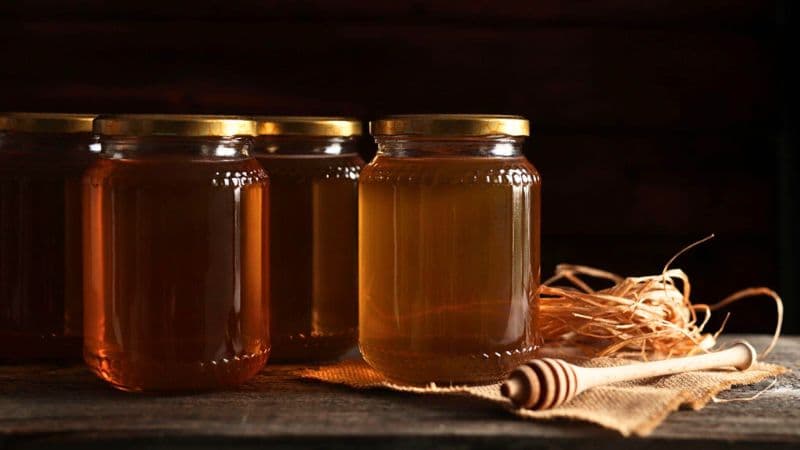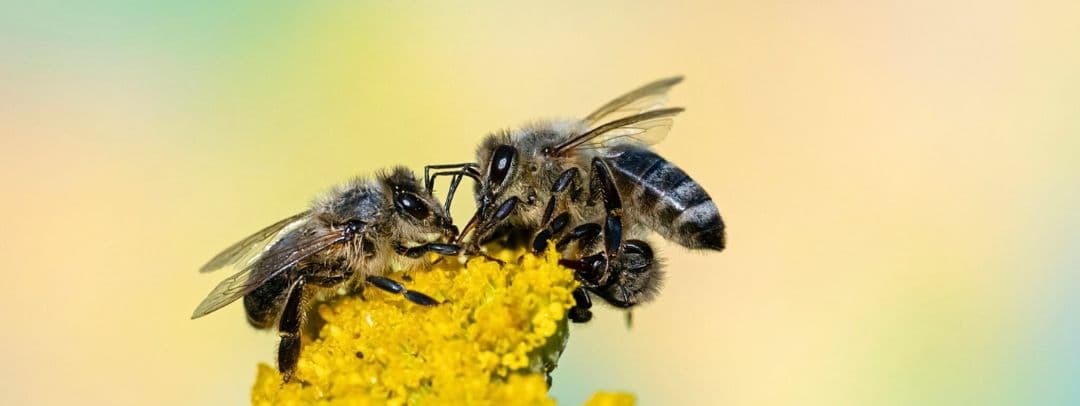Honeydew or forest honey has numerous properties that provide multiple benefits to our health. Among its properties, its powerful antioxidant effect stands out, as well as its high proportion of mineral salts. Below we will tell you what are all the properties and benefits of forest honey, so that you can enjoy this delicious food to the fullest.
Properties of forest honey
The composition, as well as the way in which the honey is made, are two determining factors in the properties of each variety of honey. Specifically, forest honey has very peculiar characteristics.
Among its properties, forest honey has a great antioxidant power. This is thanks to its remarkable proportion of polyphenols, biologically active compounds that fight against free radicals present in our body.

In this sense, according to a study carried out by the Madrid Institute for Rural, Agrarian and Food Research and Development (IMIDRA), forest honey has twice as many antioxidants as other honeys.
Thus, of the 36 honeys studied, the antioxidant properties of forest honey stand out notably over the rest.
Thus, forest honey has a 66.8% probability of eliminating free radicals; while the rest of honeys do not reach 30%. Thanks to this, its consumption is recommended in people with anemia problems, stress peaks and even athletes.
Likewise, it is a product of rapid absorption in the body, which means that it is quickly converted into energy.
It is a variety of honey rich in mineral salts, which has numerous antioxidant components:
- Phenols
- Ascorbic acid
- Glucose oxidase
- Catalase
- Peroxidase
Benefits of forest honey
Forest honey is one of the varieties of honey with the highest number of medicinal properties beneficial to health.

Antioxidant
Oxidative stress is responsible for many diseases. This occurs due to the existence of an imbalance between the antioxidant components and the free radicals present in our body.
Given this, as we discussed earlier, forest honey is rich in antioxidant properties, which contribute to the neutralization and reduction of oxidative stress; while strengthening the body.
Different studies contrast how dark honeys have greater antioxidant properties than light honeys. Among the dark honeys, forest or fir honey stand out.
Anti-inflammatory
The truth is that the anti-inflammatory and healing properties of honey are numerous. In fact, honey has been used since ancient times to heal open wounds and burns.
It is a bactericidal product, capable of fighting bacteria and penetrating inside wounds, thus contributing to their healing. But, not only does it help facilitate healing, it also kills bacteria and prevents possible infections.

Antimicrobial
Haven’t heard of the antimicrobial properties of forest honey yet? Different investigations corroborate how this delicious natural sweetener contributes to the relief of:
- Colds
- Sore throats
- Mucosal infections
- Skin infections
- Respiratory problems, such as pneumonia
How to consume forest honey
Without a doubt we are facing a food that is not only delicious, but also provides numerous benefits to our health.
A tablespoon of forest honey a day is enough to take care of our health. We can take it for breakfast, diluted in milk or even on toast or pancake. In addition, it is a food that we can include in any stew to enhance the flavor of the products.
Another delicious option is to use honey to create sauce and dress salads, which will give it an incredible flavor and a very special touch.
You may also be interested in:



